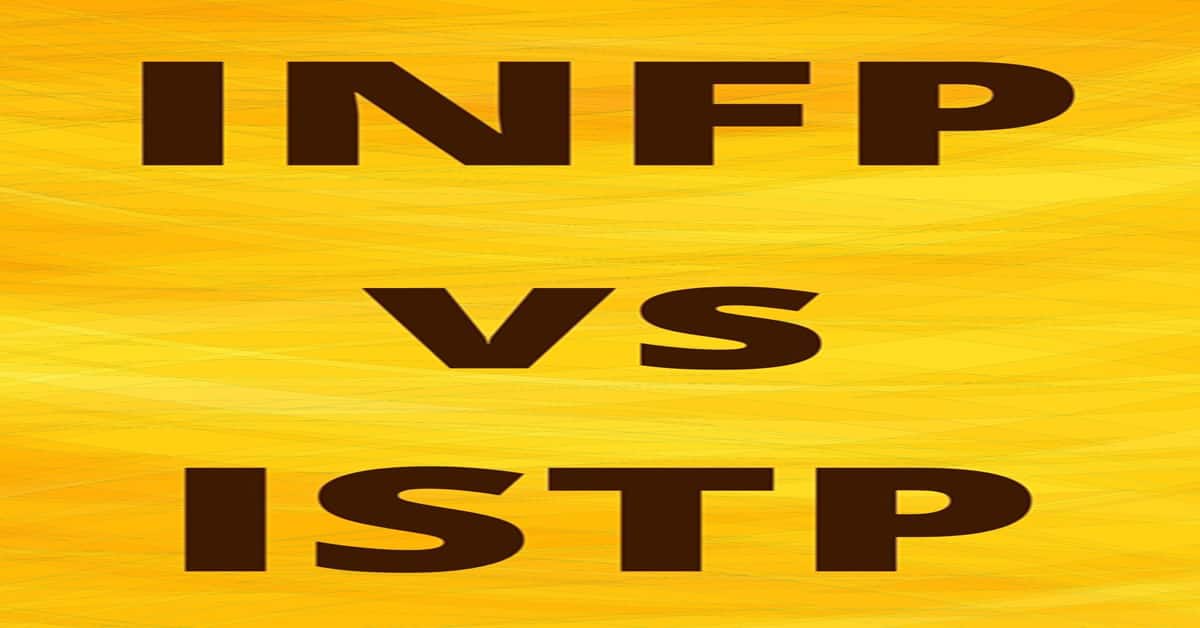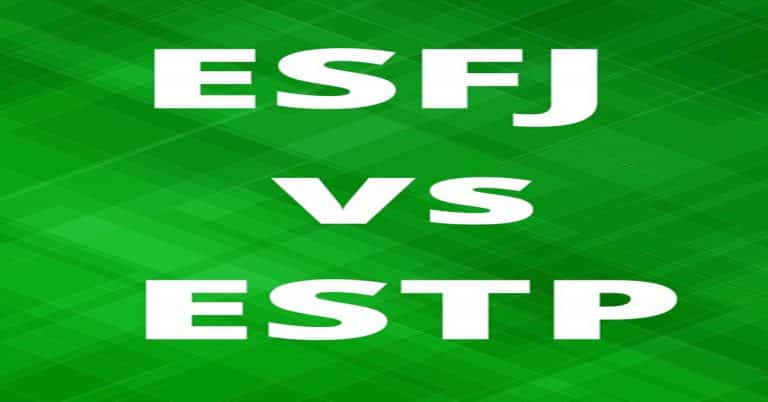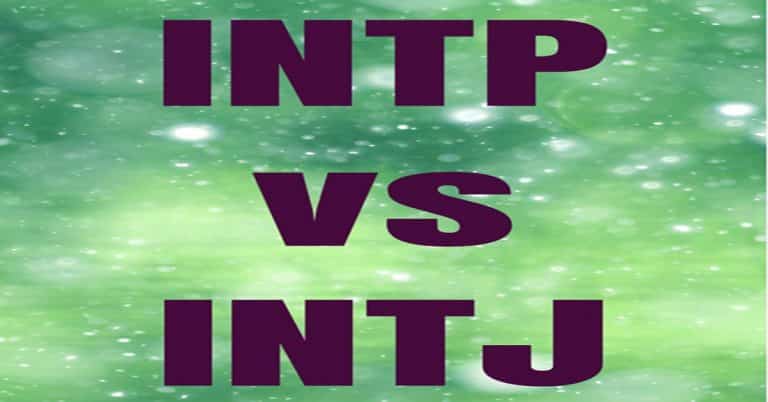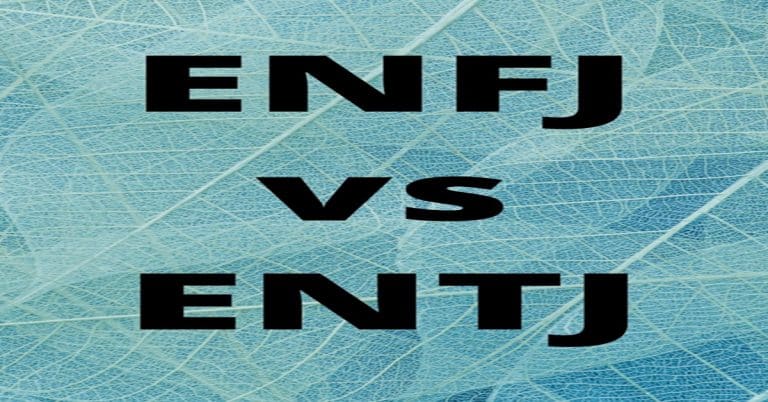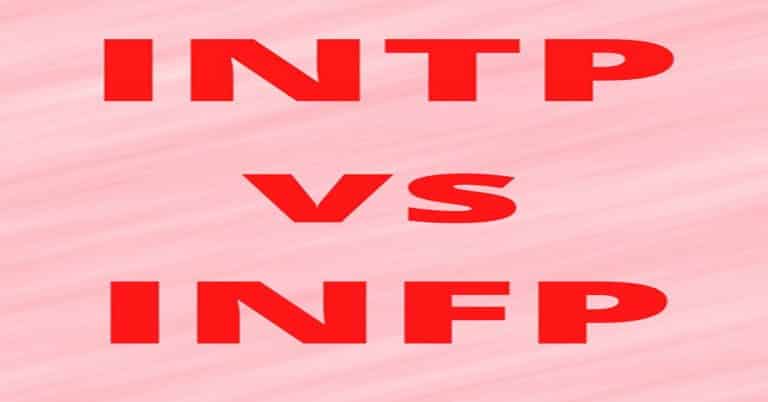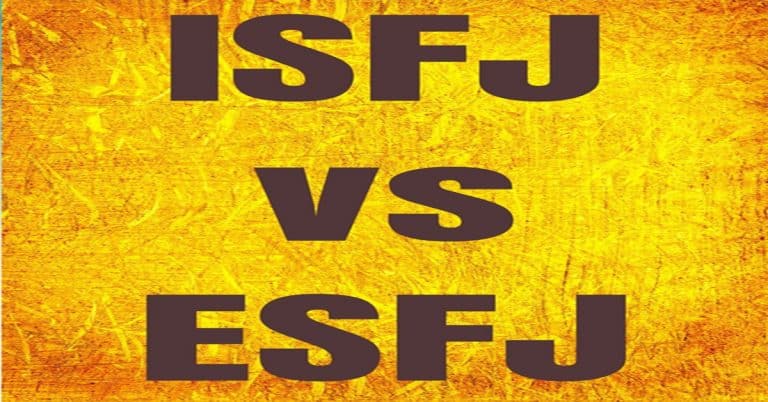INFP vs ISTP
If your personality type is an INFP and you’re thinking about dating someone who’s ISTP or vice versa, then you should take care of some things before moving forward. These two personalities from Myers-Briggs 16 types have great chances to fall in love and end up in a long-term and healthy relationship, but it doesn’t mean that they completely get along.
Actually, INFPs and ISTPs have very different attitudes about many things and therefore, if you want your relationship to work, take precautions and discuss important matters with your partner in advance. That’s especially when it comes to making difficult decisions in life. INFP is a Feeling (F) and Intuitive (N) type. People with this personality enjoy expressing feelings and look for deeper meaning in life. But unlike them, ISTPs are rational people, focused on the present.
Some people believe that these differences make their relationship rather complicated. Specifically, they constantly have to compromise in order to be together. However, others think that their relationship can’t work at all and ISTPs are too insensitive to date INFPs. Let’s compare INFP vs ISTP and discuss how compatible they can be.
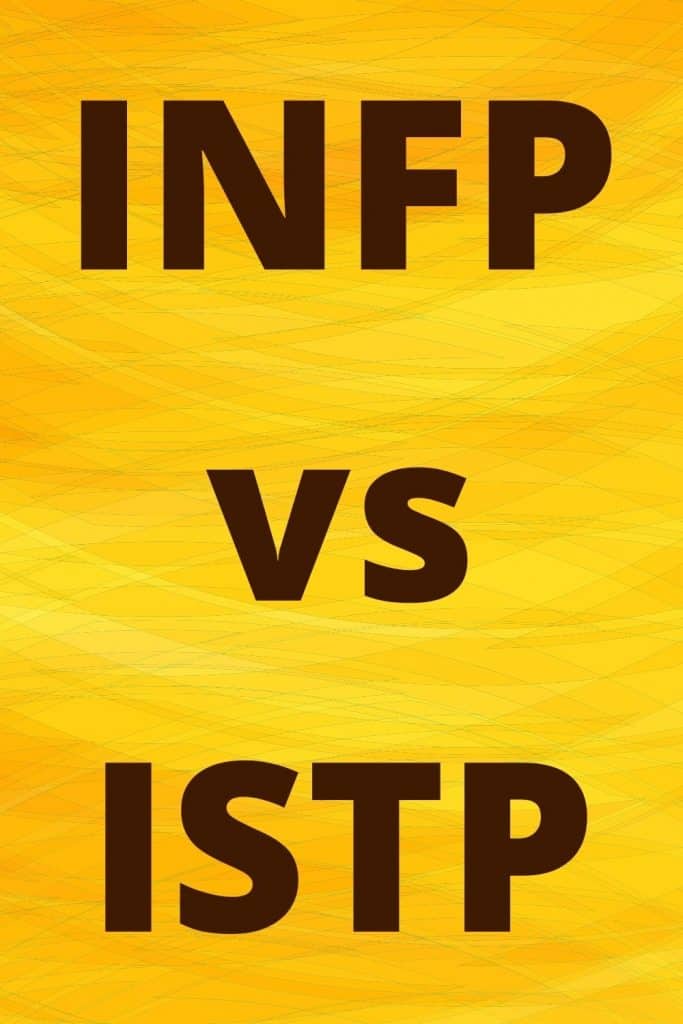
Contents
An Overview Of INFP
INFPs or Mediators are very good at communicating. Saying that can be a bit confusing because they’re introverted people, but actually, they have amazing social skills but don’t enjoy interacting with others. People with this personality type are idealistic, reserved, and quiet, loyal to their values. Their vision is to make the world a better place and take care of others to feel better.
INFPs express their feelings in a creative way. Usually, they enjoy activities such as writing, listening to music, drawing and they can be great at acting as well. They value close relationships that include deep feelings but sometimes get too sensitive. As a result, they prefer not to show all of their emotions, and can be a little bit difficult to get to know. They are very empathetic and can easily look at things from others’ points of view.
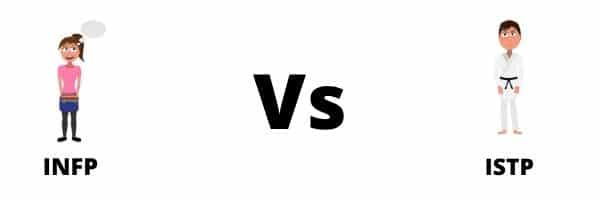
An Overview Of ISTP
ISTPs can be easily recognized with their specific characteristics. These people are very optimistic and generous and the reason for such kind behaviors is that they believe equality is the most important value. They are action-oriented people, focused on achieving goals and succeeding in whatever they do. They enjoy taking risks and think that it’s an amazing way to learn by experience and use your mistakes in the future.
ISTPs are very confident people. Therefore, they have adequate self-esteem. Since they look at the world from a broad perspective, ISTPs can easily adapt to new situations and new people and find solutions even for the most complex problems. They are strongly independent people even from childhood and hate when people make them follow their instructions. ISTPS are introverted and like to spend time alone to think about their goals and priorities.
INFP vs ISTP: Comparison of Main Characteristics
INFPs and ISTPs share two of four main personality traits. Specifically, they are both Introverted (I) and Perceiving (P) personalities, meaning that they can easily cope with challenges by flexibly adapting to new situations. However, as a result of differences in other major personality traits (Intuition – Sensing & Feeling – Thinking), they are different kinds of partners, have different leadership styles, and focus on different values. Let’s compare INFP vs ISTP and see what they have in common.
Core Values
- INFPs value deep connections with others. Having a perfect relationship with their partners, friends, or family members is a priority to them. As a result, they focus on others’ feelings and try to understand them. They also value justice, equality, fairness, and truth.
- Independence is what ISTPs value the most. They can’t imagine their daily lives without autonomy. Also, they often try to make others realize how important it is for their self-development. They appreciate challenges and like taking part in thrilling experiences.
Romantic Relationships
- INFPs are very loyal and empathetic lovers. They can easily accept their partners’ different opinions and preferences and love them as they are, without trying to change them. They always support their partners and encourage them in tough times. Once they notice that someone is special to them, they immediately fall in love.
- ISTPs look for confidence in other people. Therefore, they easily fall in love with those who are independent and self-assured. Despite their gender, they enjoy doing housework and helping their partners. They prefer steady relationships rather than switching partners frequently.
Dominance and Leadership
- INFPs are dominant people and enjoy leadership positions. They are efficient leaders, though. INFP leaders are very compassionate, understand the worries of the team members and take care to make them feel satisfied. They are inspiring, compassionate, and caring, focused on the personal development of themselves and others.
- ISTPs are not very dominant people. They prefer staying out of the spotlight and working on their own. But it doesn’t mean they can’t be leaders. They are not typical leaders, though. They are extremely independent at the workplace and don’t really interact with others. But they can set realistic goals and help the team achieve them.
How Well INFPs and ISTPs Get Along?
Most times, INFPs and ISTPs are considered a one-sided match. This means that when one of them falls in love with the second, the latter doesn’t respond in the same way. But it’s just the most common scenario between INFPs and ISTPs. It doesn’t mean that they can’t be together for a long time.
The main problem of their relationship is that ISTPs don’t express their feelings and act insensitively. But INFPs are dramatic people who focus too much on emotions and enjoy talking about their inner condition. Sometimes, they hate the fact that ISTPs act according to logic even when they’re in love. However, discussing the issues and resolving the problems together can help them to build trust.
Conclusion
Finally, we can say that as a result of differences between INFP vs ISTP, people believe that their relationship doesn’t really work. However, even if they’re not considered the best match, INFP and ISTP couples shouldn’t worry because clear communication and compromises can help them find balance and build harmonious relationships that can last for a long time.

